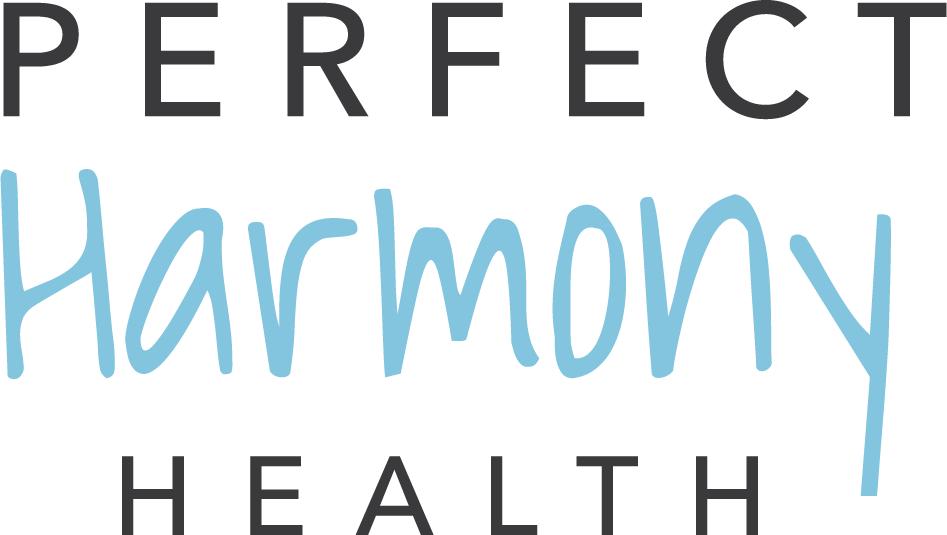Rheumatoid Arthritis and Music
What is rheumatoid arthritis?
Arthritis = inflammation of the joint
Rheumatoid arthritis is an autoimmune disease that makes the body’s immune system mistakenly attack your joints, causing pain and inflammation. Rheumatoid arthritis is different from osteoarthritis, which is the most common in older adults.
Symptoms
Organ damage in the lungs, eyes, or heart.
Pain/aching in multiple joints
Joint stiffness
Tenderness/swelling in multiple joints
Weight loss
Fever
Fatigue/tiredness
Weakness
Same symptoms on both sides of the body
Prevention and Control
Specifically, reducing exposure to inhaled silica, dusts, and occupational risks, and lifestyle-related behaviors, such as, stop smoking, maintaining healthy nutrition, physical activity, healthy body weight, and good dental hygiene can play an important role. An early diagnosis and management can reduce symptoms, slow the disease, and prevent disability. There is currently no cure for RA, but it can go into remission with an early diagnosis and proper management. There are medicines to reduce inflammation, pain and swelling. In some more severe cases, orthopedic surgery can help to reduce pain and restore movement, and rehabilitation is essential to help achieve the best outcomes following surgery.
Facts about rheumatoid arthritis
Women are 2.5 times more likely to be diagnosed with rheumatoid arthritis
20-50 years of age is the prime time to develop rheumatoid arthritis
Can be hereditary, but the main cause for its development is still unknown
More than 350 million people all over the world live with rheumatoid arthritis
Rheumatoid arthritis is more like lupus and multiple sclerosis than osteoarthritis
Neurologic Music Therapy and Rheumatoid Arthritis
Depending on where the rheumatoid arthritis is located, Neurologic Music Therapy (NMT)® can be beneficial for pain management in certain areas. For example, if one has rheumatoid arthritis in their hands, they could learn to play piano, guitar, ukelele, etc., to work on increasing their dexterity and strengthening their joints, along with releasing endorphins which helps in alleviating pain. Another example could be if someone had rheumatoid arthritis in their feet, they could learn to play instruments like toe tambourines or bass drums on the drum set to work on strength and dexterity.

